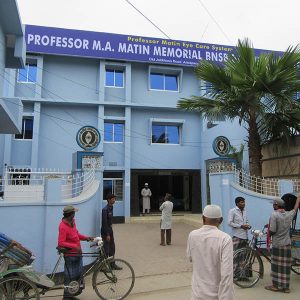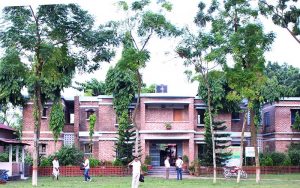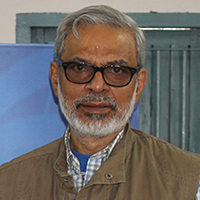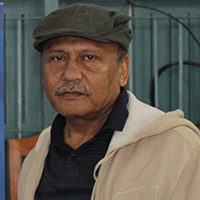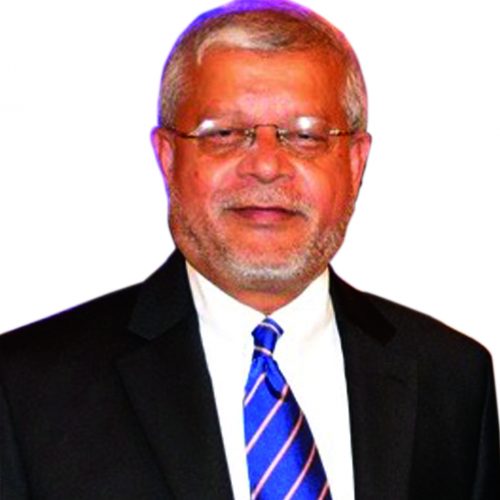Who we are
Manabik Shahajya Sangstha (MSS) is a premier Bangladeshi non-governmental organization formed by a group of students of Dhaka Residential Model School and later of the University of Dhaka in 1974 when the country was hit by a massive flood. MSS started as a relief agency which later reoriented its focus on poverty alleviation through microcredit and development. Currently, MSS programs are integrated and include micro credit, women empowerment, healthcare, childcare, primary education, among others, with the goal to establish a society free from poverty where there is equality among citizens and citizens’ rights and dignity are respected.
Equipped with its experience in providing eye care services in Bangladesh MSS launched the Eye Care Program(ECP-MSS) in November 2015 with the aim to identify and treat preventable blindness among the underprivileged; to promote community awareness and education on eye health; and to increase capacity and access to eye care services, among others.
The forerunner of the Eye Care Program– MSS (ECP-MSS), the MSS Eye Vision Center (MSS-EVC) was established with the technical assistance of Sight Savers International in 2011 at Kalabagan in Dhaka city. Since its establishment the MSS-EVC has played an effective role in providing primary eye care services to the underserved people including Women’s Credit Program (MSS-WCP) members and their families. EVC-MSS worked to provide clinic based and mobile eye care services to reduce preventable blindness by organizing eye camps to screen eye patients, provide medicines and eye glasses as needed and facilitated cataract surgeries of the underserved people.
During June 2014 to December 2016 the ECP cumulatively screened 7521 patients and facilitated 546 cataract surgeries and distributed 521 eye glasses in 18 eye camps.
During 2017 ECP-MSS meaningfully augmented its program activities to serve larger number of underserved patients including the members of its Women Credit Program (WCP). During the year the number of eye camps organized, number of spectacles and medicines distributed free of cost and the number of eye surgeries conducted, and the number of partner hospitals all increased by leaps.

